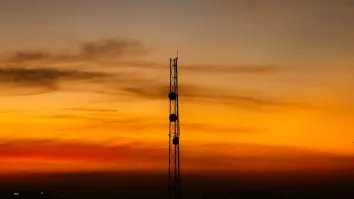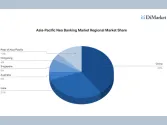
Philippine power play
Major Philippine electricity distributor Manila Electric Company (Meralco) is currently locked in a legal and verbal war for control with board representatives from the Government Service Insurance System (GSIS), as consumers can only look on with a rising level of annoyance.
In an ongoing bid to wrest control from long-time Meralco owners the Lopez family, GSIS president Winston Garcia had to try and put more government representatives on the Meralco board, including cease-and-desist orders from the Securities and Exchange Commission (SEC) regarding the attendance of management-solicited proxies in the annual stockholders' meeting last May 27. Meralco immediately contested the validity of the SEC's order, and both camps seem set for a long, drawn-out legal and corporate battle.
But in the meantime, the general population of Metro Manila is getting fed up with the legal circus that is the Meralco (or rather, Lopez)-GSIS feud. Electricity costs are spiraling upward, due to oil prices, high taxes, and systems loss charges. Under Philippine law, power distributors are allowed to pass on up to 9.5% of their systems losses to their customers, and Meralco has been taking flak for this particularly in light of the rising cost of living in the Philippines. The company also admitted that they simply have too many employees, something that hits a nerve in both consumers and stockholders alike. The balance between protecting end users and Meralco shareholders has never been more precarious.
Meralco, which is responsible for around 70 percent of the total power demand in Luzon, purchases power from the state-owned National Power Corporation (Napocor) as well as First Gas Corp., another Lopez-owned company. Garcia claims that the Lopezes are engaging in 'self-dealing,' or doing business mainly with its sister companies for their own benefit, despite high consumer costs. While this may seem shady, Meralco's annual stockholder reports are also quite explicit in saying that First Gas sells electricity, including transmission costs, at a lower price than Napocor (Php 4.91 versus Napocor's Php 6.25). Allegations have also been made by Lopez supporters that Garcia is out mainly to transfer Meralco control to his own family. And despite government intervention, including 'strict' regulation of Napocor and the already seven-year-old Electric Power Industry Reform Act (EPIRA), which calls for the deregulation, privatization, and restructuring of the generation and transmission aspects of the power sector, the Philippines' power prices still remain among the highest in Asia, almost comparable to Japan. With the power struggle between the Lopezes and the GSIS taking the top spot on Meralco's agenda, price relief for Filipino power consumers still seems a long, long time coming.



















 Advertise
Advertise






